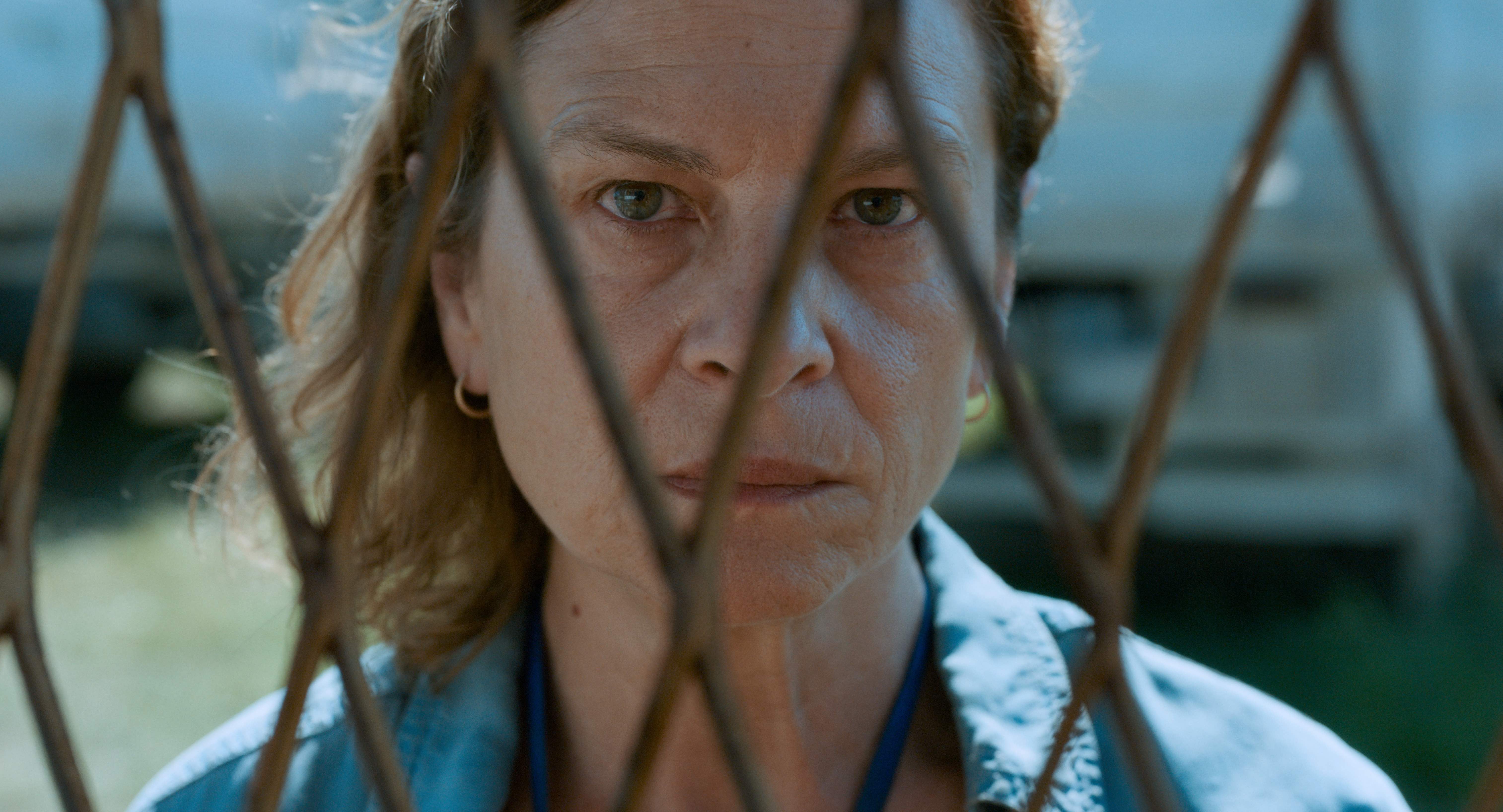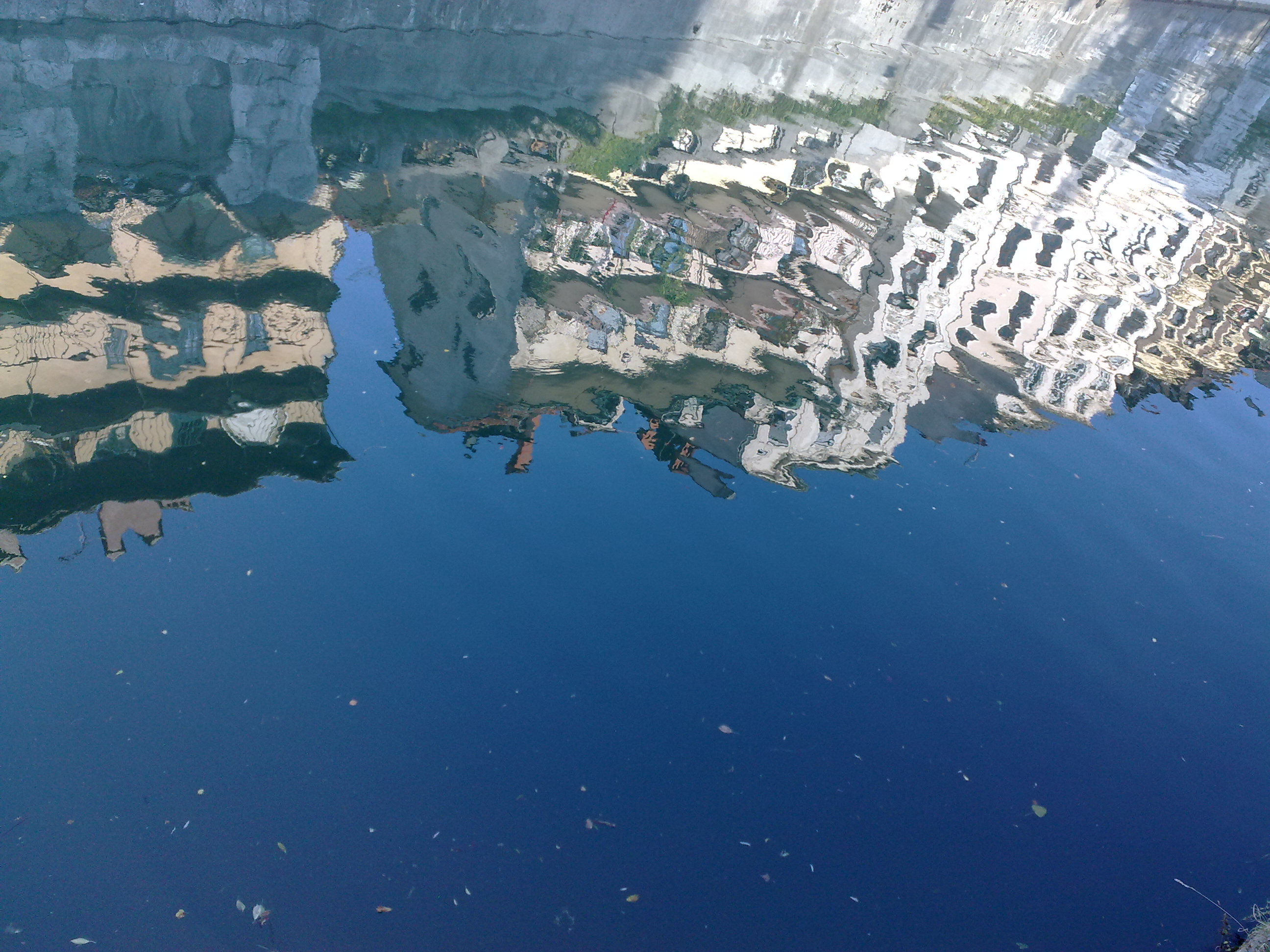
Jasmila Žbanić – the Bosnian director of the Oscar-nominated film Quo Vadis, Aida? – talks with Mateusz Demski about the female face of war, inheriting trauma, and making peace with the past.
Mateusz Demski: You dedicate Quo Vadis, Aida? to the women who lost their sons and husbands in the Srebrenica massacre. Why did you feel you had to tell their stories?
Jasmila Žbanić: I’ve been meeting with and listening to stories from many women for many years. I knew them even before I wanted to make this film. Personally, Srebrenica is very close to me and my video works. My graduation film was a documentary – Red Rubber Boots – about a mother searching for her four-year-old son and nine-month-old baby, who were killed and buried in a mass grave. She hopes to find, during the exhumation, the red rubber boots her son was wearing when he disappeared from her life… This pain and the injustice shaped me forever.
After that, I used to visit the Srebrenica Memorial Center. I’ve seen and heard a lot. I’ve met women who lost 40 members of their family: their sons, father, husband, grandfather, brothers, cousins. Three generations are gone. Bosnian Serb forces under the command of Ratko Mladić executed more than 8000 Bosnian Muslim men and boys. It’s hard to imagine the loss of these women. The traumas are really deep and have not healed at all. But at the same time, I saw some unexpected power in these women.
What do you mean by ‘unexpected power’?
T





